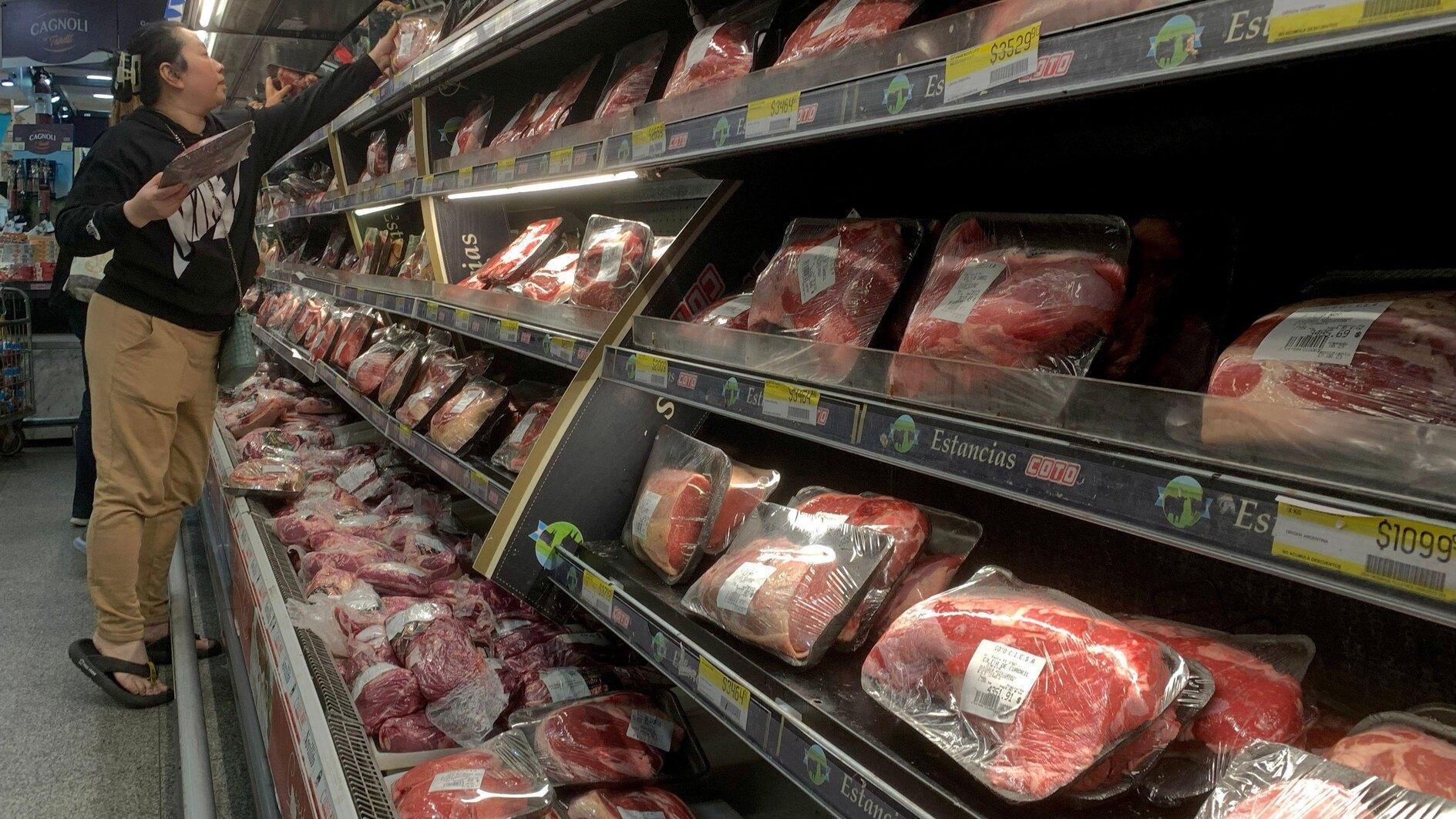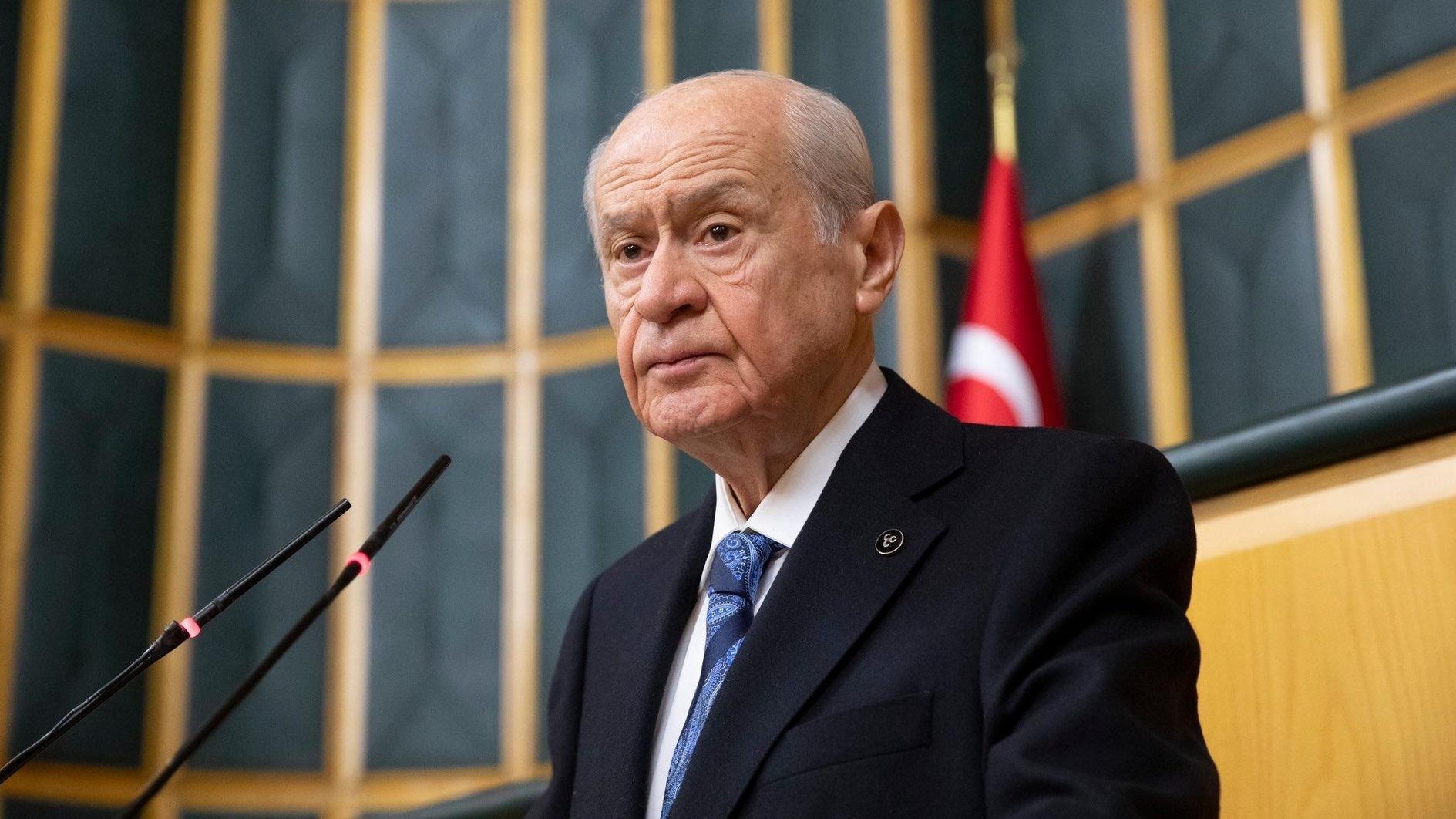Turks don’t favor presidency, could accept Turkish PM Erdoğan: Poll
ISTANBUL

AA photo
A majority of Turks favor the continuation of the parliamentary system rather than the imposition of a presidential one even though they would prefer seeing Prime Minister Recep Tayyip Erdoğan as president if such a system were imposed, according to a survey to be released today.A majority of 1,000 respondents, 65.8 percent, said they favored the maintenance of a parliamentary system under the country’s new Constitution, according to the survey “Social and Political Trends in Turkey,” which was conducted by Kadir Has University in 26 provinces.
Some 34.3 percent of respondents would like to see Erdoğan – who has made no secret of his desire to become head of state with extended powers – as president if the system were redesigned. Twelve percent of respondents said they would want main opposition leader Kemal Kılıçdaroğlu as president. Current President Abdullah Gül was picked by 10.7 percent of respondents, while 31 percent of respondents did not state their opinion on the issue.

DAILY NEWS graphic, Rıza BÜLBÜL.
The survey also said the ruling Justice and Development Party (AKP) increased its visibility in the media in 2012 by being cited in 1.3 million news items. The main opposition Republican People’s Party (CHP) has also increased its visibility, showing up in 988,661 news items.
Just 29.9 percent of people believe there is freedom of thought in Turkey, according to the survey, while only 34.2 percent said Turkey was a democratic country, while 28.8 percent of respondents said the press was free in the country.
Political polarization also became sharper in 2012. Those who do not see themselves close to any political opinion decreased 0.5 percent in 2012, from 1.1 in 2011. More than half of the respondents, 54.8 percent, said they defined themselves as “Turkish,” while 6.3 percent said they were “Kurdish.” There was an increase in 2012 among those who did not know what “ethnic origin” is at 17.3 percent.
Unemployment remained Turkey’s main problem in 2012, followed by terror, according to respondents.
Some 48.2 percent, however, said they were not affected by the economic developments in the country. In 2012, those who found the government’s economy policies unsuccessful increased to 42 percent, while those who deemed it successful totaled 31.5 percent. Six out of 10 people also said they believed that Turkey had been affected by the economic crisis in Europe, said the survey.
Those who believe that the military is the solution to terrorism increased to 50. 1 percent in 2012, while those who refuse negotiations with anyone for a solution to terrorism increased to 55.5 percent.
However, more people, 20.5 percent, believe that Abdullah Öcalan, the jailed leader of the outlawed Kurdistan Workers’ Party (PKK), may be influential in a solution to terrorism, than did so in 2011.
The government’s terrorism policies were ultimately deemed unsuccessful by 46.9 percent of respondents. Almost half of the respondents, 46.9 percent, believed that Turkey faced a separatist threat.
The government’s policies on the Kurdish issue were seen as unsuccessful by 50.5 percent of respondents in 2012, a striking increase in comparison to the 39.7 percent of 2011.
A total of 58.7 percent of respondents that define themselves as Kurds believe that the Peace and Democracy Party (BDP) respresents Kurdish people in Turkey. However, one in two people who define them as Kurdish believe that the PKK does not represent the ethnic group in Turkey.
Some 87 percent of people also said the BDP and the PKK had organic relations, while four in five people said Öcalan exerted influence over the PKK and the BDP. Also, 68.9 percent of respondents said they believed Kurdish people in Turkey wanted to live in an “independent Kurdish state” in the future.
Those who find the government’s policies successful decreased to 34.7 percent in 2012, while one in three people believed that Turkey could become a member of the European Union. Those who support Turkey’s membership in NATO increased to 66.1 percent in 2012.
On the issue of the Syrian crisis, 36.5 percent rejected the prospect of an international intervention in Syria, while 43.5 percent said Turkey should remain neutral on the country’s civil war. An even larger number, 46 percent, said Turkey’s Syria policy was unsuccessful.
Those who do not tolerate violence against women increased to 93.2 percent, while those who said they could tolerate violence against women under certain circumstances totaled 6.8 percent. Among them, 42 percent said they were exposed to violence in the past.
















